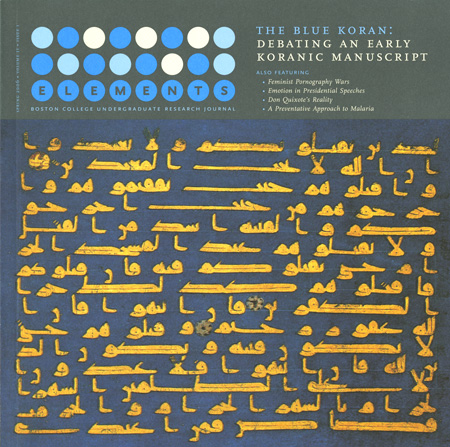De Malorum Natura: Lucretius and the Nature of Evil
DOI:
https://doi.org/10.6017/eurj.v2i1.8943Keywords:
Spring 2006, humanities, philosophyAbstract
This paper seeks to explore the nature of evil in respect to the ethics of Epicurean philosophy presented in Lucretius' De Rerum Natura. Drawing on atomic physics and its complete corporeal physicality, Epicurean philosophy produces an ethical system in which the highest good is defined in terms of maximum pleasure both in the body and in the mind. Evil, therefore, must be anyting that detracts from that state of pleasure. It may be further categorized as either natural or human evil. However, it is the evils induced by the misunderstood nature of both the gods and death that are the most harmful to a peaceful state of mind. It is Lucretius' goal to root out these evils and, in doing so, establish the peace of the gods in the mind of the human.Downloads
Published
2006-04-15
How to Cite
Campbell, N. (2006). De Malorum Natura: Lucretius and the Nature of Evil. Elements, 2(1). https://doi.org/10.6017/eurj.v2i1.8943
Issue
Section
Articles
License
Copyright (c) 2015 Elements

This work is licensed under a Creative Commons Attribution 4.0 International License.

